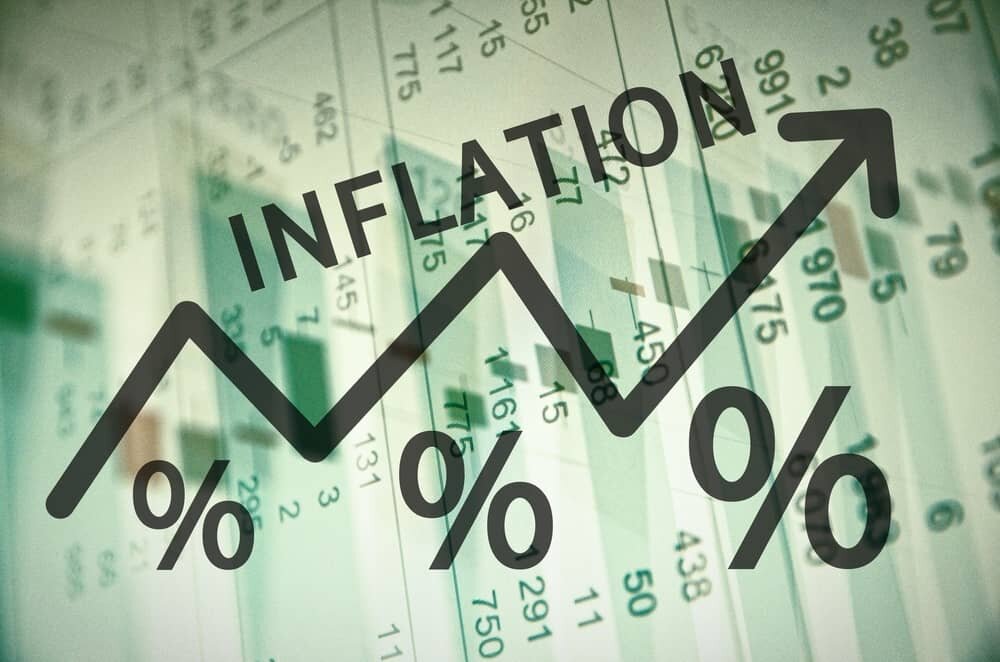Articles
The Case for Preparing Now for an Inflation Overshoot
The IMF also cautioned of inflation asymmetry in its World Economic Outlook report. Several economists, including Olivier Blanchard and Kenneth Rogoff, agreed. Some of them may be willing to accept a higher inflation objective.

Wolfgang Münchau, the founder
of Eurointelligence, argues it's time to wager on an inflation overshoot.
The main topic of discussion today is the scepticism expressed in the wake of Christine Lagarde's press conference [on July 27]. We learned that the ECB continues to rely on its forecasting model to assess whether it is on track to meet its 2% inflation objective. This is not a technological problem, but rather a crucial consideration in determining what to anticipate. We draw the conclusion that the likelihood of a policy error is rising since this model is biassed in favour of anticipating the target.
The main issue with data
reliance is that it does not provide you with the information you require. You
may be aware that inflation is decreasing, but you are unsure whether it will
fall below 2%. Lagarde told us yesterday that the ECB was making that decision
based on the prediction, or projection as it is known these days. That alone
indicates that the ECB will be more cautious in the future, because the
prediction is hard-wired to expect outcomes close to the inflation target. It
assumes, in instance, that just announcing an inflation target anchors people's
expectations.
The issue with this policy rule is that it gives you the same answer whether your aim is 2% or 3%.
It's worth noting that central banks have never had their forecast performance evaluated by outside parties. For the past ten years, the ECB's model has produced inaccurate forecasts. The issue is not the forecast mistake, but the forecast bias. The model is skewed towards the actual target. If your benchmark is biassed towards the aim, it is biassed towards a lower interest rate. The model is the primary source of policy errors, which is why we place so much emphasis on it here at Eurointelligence.
If this happened in banking or political polls, these models and the people who create them would have been fired long ago. That is not occurring in central banks, where economists are fixated on what they call "workhorse models."
The IMF also cautioned of
inflation asymmetry in its World Economic Outlook report. Several economists,
including Olivier Blanchard and Kenneth Rogoff, agreed. Some of them may be
willing to accept a higher inflation objective.
Expected Inflation, Forward Guidance, and Biassed Models
Forward guidance has been a fiasco in both the United States and the European Union. People take Central Bankers' words as gospel when history demonstrates that they are ignorant.
The central bank models in
the United States and the European Union are skewed towards the outcomes that
central bankers prefer. That has been obvious for decades.
Expectations for inflation are foolishness. A look at the CPI components reveals the absurdity of it all.
The proportion of inelastic items in the CPI is around 70%.
If people believe that costs are rising, they won't rent two homes right away. If people believe that rates would decrease, they won't stop renting. The same holds true for food, healthcare, insurance, and auto repairs.
At least 72% of the time, what people predict is unimportant. In practise, it's bigger because I overlooked some things. Clothing is an example of a discretionary item. You typically buy a new coat when your old one wears out. A washing machine operates in the same manner. And even if you believe the price would increase the following year, you definitely won't buy two washing machines in advance.
Those with sufficient wealth or income also tend to act however they like, regardless of cost. However, the geniuses at the Fed and ECB all support this absurd expectation theory.
Exceptions are important only
in relation to asset bubbles. If people believe that prices are going up, they
will purchase stocks and homes.
It's odd that the Fed never looks at the one place where expectations matter—that place. The Fed blows bubble after bubble with increasing magnitude in this manner.
For eight years, people expected inflation to be 3% because the Fed was hell-bent on delivering it. The Fed, on the other hand, struggled to induce inflation, so much so that the Fed tried to compensate for previous lack of inflation!
A Federal Reserve economist concludes that the widely held inflation expectations theory is nonsense.
Case-Shiller data show that the housing bubble is expanding once more. Also, as measured by Case-Shiller, the housing bubble is expanding once more. Meanwhile, the Fed is ignorant to the gigantic asset bubbles in housing and the stock market that it helped generate.
Productivity No-Man's Land
In terms of productivity,
four to six p.m. and Friday afternoons are dead zones.
What happens next?
Bidenomics, EV mandates, and
regulations all have a significant inflationary impact. Wage increases without
productivity gains are also ineffective.
At best, lowering inflation
will be difficult unless either the economy or the stock market fails.


